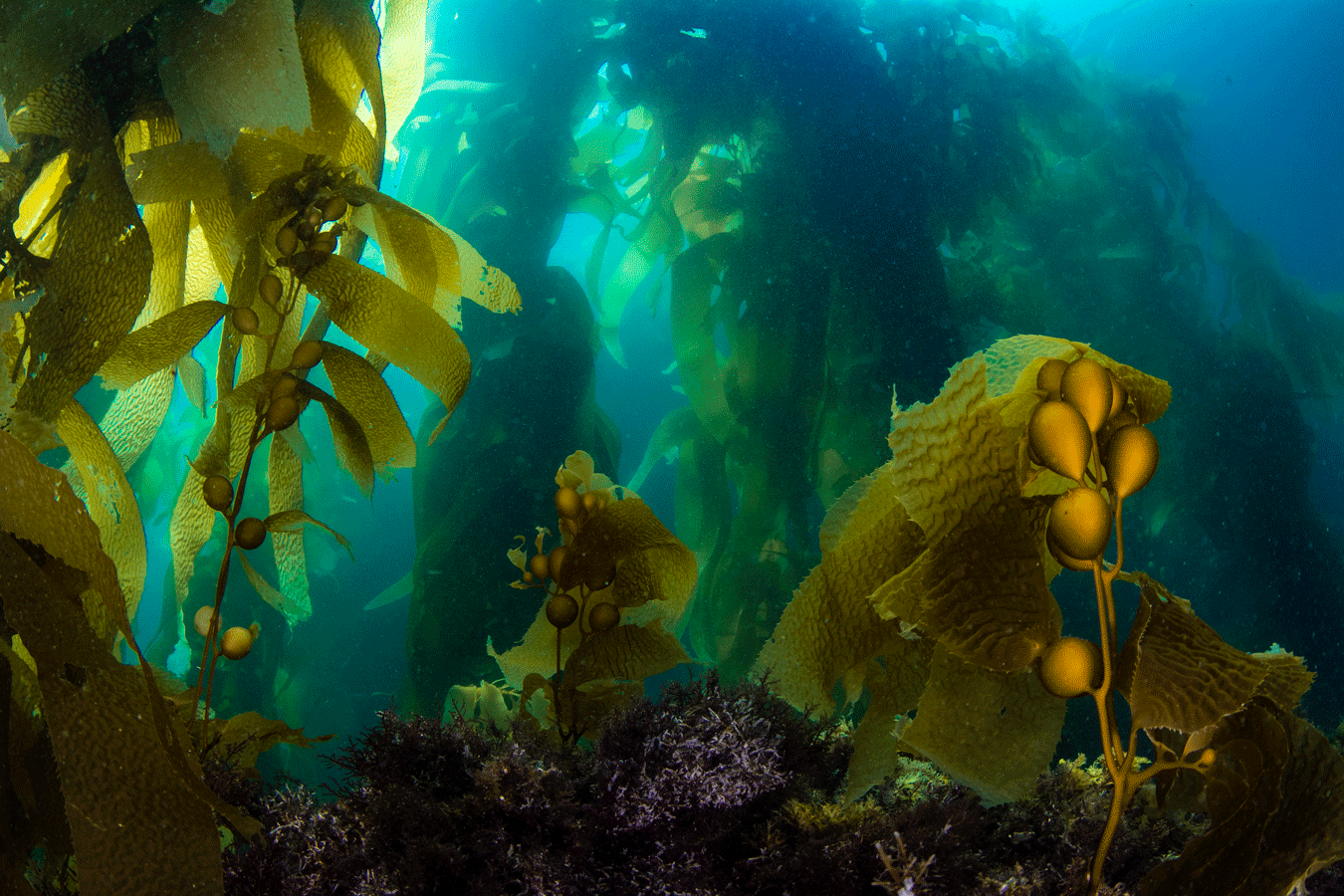
When a vital kelp forest vanishes, a coastal town's fragile ecosystem, ancient traditions, and livelihoods crumble, forcing a desperate fight for restoration in the face of climate change.
The Film
Sequoias of the Sea tells the story of Mendocino County’s disappearing kelp forests and the devastating impact on coastal communities, including fishermen, tribal members, and scientists fighting to restore this vital ecosystem. The film weaves a powerful story of climate change, community restoration efforts, and the urgent need to protect our ocean forests. Set against the backdrop of Fort Bragg, it captures a community’s determination to help the kelp and reimagine a more sustainable future.
Kelp
kelp forests are experiencing alarming declines globally due to climate change, marine heatwaves, overfishing and overgrazing by exploding populations of herbivores including purple sea urchins. Other threats include coastal development along with nutrient, sediment and chemical pollution. Global kelp forest declines average 1.8% annually, with more than 7 million acres lost to date. Regional declines have reached as high as 95%. In coastal areas such as Northern California and Tasmania loss of kelp forests have led to significant biodiversity declines, disrupted food chains, and reduced carbon sequestration capacity. The loss of kelp forests not only jeopardizes marine life but also threatens human communities that depend on these ecosystems for food, livelihoods, and coastal defense.
The Location
The North Coast
Fort Bragg, a small city on the Northern California coast which has a long history of being a booming lumber and commercial fishing town, which has simultaneously experienced mass environmental loss, will be used as the backdrop to Sequoias of the Sea. A mixture of rugged beauty and blue collar working town.
A Global Story
Kelp forests span nearly one third of the world's coastlines and cover an area larger than the Amazon rainforest. They are a foundational marine ecosystem that, like coral reefs, have profound ecological, economic, and cultural significance. Beyond their ecological contributions, kelp forests play a crucial role in stabilizing the ocean, sequestering carbon at an estimated rate of 8.6 million tons per year, and protecting increasingly vulnerable coastlines by reducing wave energy and preventing erosion.
The dramatic loss of kelp along the California coast is a climate change story and a glimpse into what is happening all over the world. With kelp forests covering over a quarter of global coastlines, this is a critical story to share and fair warning for other communities that think, ‘it can’t happen here.’



